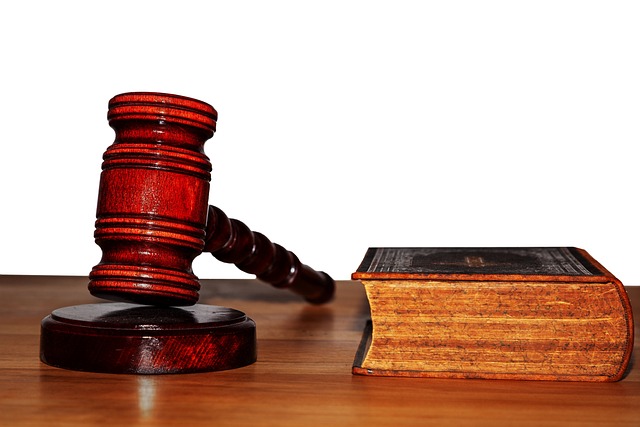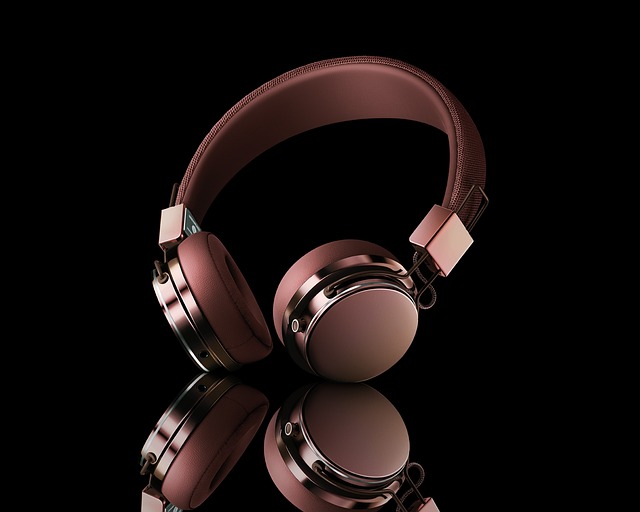Your home cinema room. It’s your sanctuary, a space dedicated to immersing yourself in incredible visuals and, perhaps even more importantly for many, breathtaking audio. You’ve invested time, effort, and resources into creating the perfect acoustic environment, calibrating your speakers, and enjoying the nuances of film soundtracks or concert recordings at their best.
But have you ever stopped to consider the potential implications of bringing audio recording capabilities into this personal space? It’s a topic that might seem niche, but with the increasing prevalence of smart devices, security systems, and even just the desire to capture moments, understanding the surrounding legislation becomes surprisingly relevant.
When we talk about audio recording in the context of a home cinema, several scenarios might come to mind. Perhaps you’re considering setting up a security camera that records both video and sound. Maybe you want to capture your family’s reactions during a particularly thrilling movie scene. Or perhaps you’re a serious audiophile wanting to record the room’s acoustics or even test equipment by recording output (though be mindful of copyright here!).
This is where the complexities begin. Laws regarding recording conversations, especially without consent, vary significantly depending on your location. Some places are one-party consent” states/countries, meaning you can record a conversation as long as you are a part of it. Others are “all-party consent,” requiring everyone involved to know and agree to the recording. Simply having an always-on microphone in your cinema room, even if intended for security or smart home control, could potentially run afoul of these rules depending on who else is present and whether they are aware.
Copyright legislation also plays a role. While recording the *sound* of your room or people in it is one thing, directly recording the audio track of a film you are playing raises different legal questions related to unauthorized copying and distribution, even for personal use in some instances. While less likely to be enforced for private, non-distributed recordings, it’s part of the legal landscape surrounding audio and video content.
For enthusiasts who love integrating the latest tech into their home cinema setup, from advanced audio processors with recording features to integrated smart home systems with microphones, a basic awareness of these legal boundaries is essential. It’s not about stifling innovation or enjoyment, but about ensuring that the quest for the ultimate immersive experience doesn’t inadvertently lead to privacy violations or legal headaches. Always consider the purpose of the recording, who is being recorded, and ensure you understand the local laws applicable to your specific situation before setting up any recording devices in your private entertainment space.




